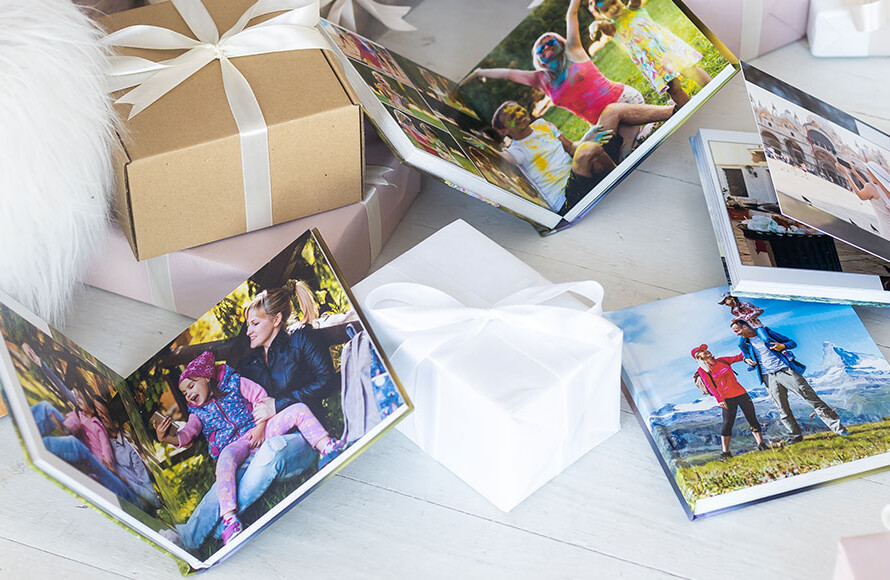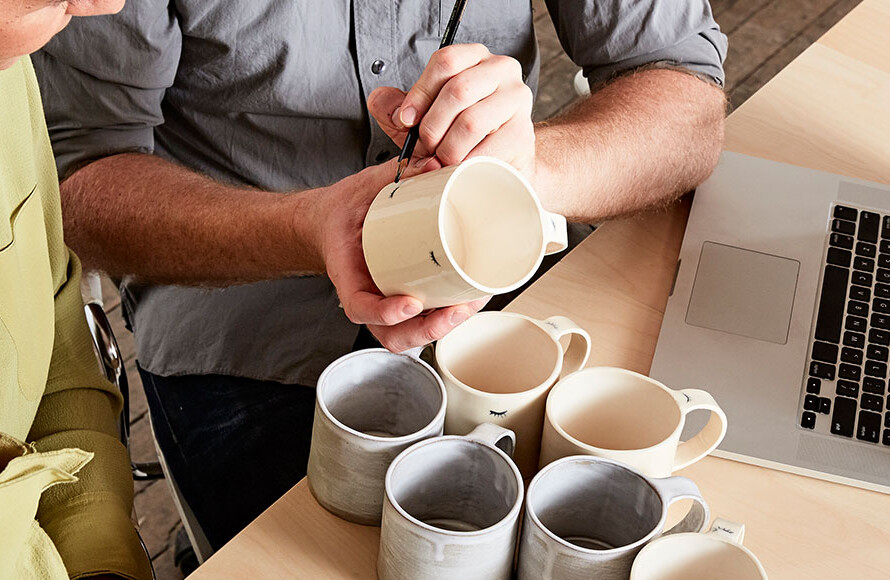Personalized gifts have captured the imagination of consumers and businesses alike, offering a way to make every occasion special with a unique touch. Sublimation printing stands out in this thriving market due to its ability to produce vibrant, detailed, and durable personalized items. Understanding the best materials for sublimation printing is crucial for anyone looking to explore or expand in the personalized gifting industry. This guide delves into the various substrates suitable for sublimation printing, ensuring your gifts not only look spectacular but also last.
Understanding Sublimation Printing
Sublimation printing is a technique that transfers designs onto a substrate using heat-sensitive inks. Under heat and pressure, the ink turns into a gas and infuses into the material, creating a print that is unmatched in clarity and durability. The right choice of material is critical for achieving optimal results.
Best Materials for Sublimation Printing
1. Polyester Fabrics
- Ideal Uses: Apparel, tote bags, home decor such as cushions, and soft furnishings.
- Advantages: Polyester is the most popular fabric for sublimation due to its compatibility with the sublimation ink. It holds the color well, ensuring vibrant and sharp images that are permanently bonded to the fabric.
- Considerations: The high heat necessary for sublimation can sometimes cause polyester to scorch or melt if not carefully monitored.
2. Polymer-Coated Objects
- Ideal Uses: Mugs, plates, tiles, phone cases, and other hard surfaces.
- Advantages: Products coated with a special polymer can withstand the sublimation process, allowing the gas to bond permanently with the surface, ensuring the print won’t peel, flake, or fade.
- Considerations: The quality of the polymer coating can vary significantly, impacting the final print quality. High-quality coatings result in brighter and more durable prints.
3. Rigid Substrates
- Ideal Uses: Aluminum sheets (for photo panels), hardboard and MDF products (for wall art and clocks).
- Advantages: Rigid substrates are perfect for creating durable wall arts and decorative items. Aluminum, in particular, offers a glossy, high-definition finish that can make images pop with color and detail.
- Considerations: These materials require precise heat and pressure settings to avoid warping or damaging the material during the sublimation process.
4. Glass and Ceramics
- Ideal Uses: Drinkware, ornaments, and decorative tiles.
- Advantages: Sublimation on glass and ceramics can produce stunning results with rich colors and fine details. These items are especially popular as keepsakes and decorative gifts.
- Considerations: Both materials must be coated with a polymer layer to accept sublimation inks. The process can be tricky, requiring specific temperatures and handling to prevent breakage.
5. Specialty Items
- Ideal Uses: Specialty items like flip flops, mouse pads, and puzzles.
- Advantages: Expanding your product range to include less common items can differentiate your business in a crowded market.
- Considerations: These items often require specific types of sublimation coatings or materials, and finding reliable suppliers is key to maintaining quality.
Tips for Choosing the Right Material
- Test Before Committing: Always conduct tests with new materials to ensure that the ink adheres well and the colors appear as expected.
- Quality Over Cost: Opt for the best quality materials your budget allows, especially when it comes to polymer coatings and fabric. This will reflect in the longevity and appearance of the printed products.
- Supplier Reliability: Establish relationships with reputable suppliers who provide consistent quality in materials and coatings.
Conclusion
The success of a personalized gifting business leveraging sublimation printing heavily depends on the quality of the substrates used. By choosing the best materials, you ensure that your products not only look professional but also stand the test of time, making them cherished gifts for any occasion. Whether you’re just starting out or looking to expand your product offerings, keeping these material considerations in mind will help you achieve sublimation printing success and satisfy your customers with high-quality personalized gifts.



